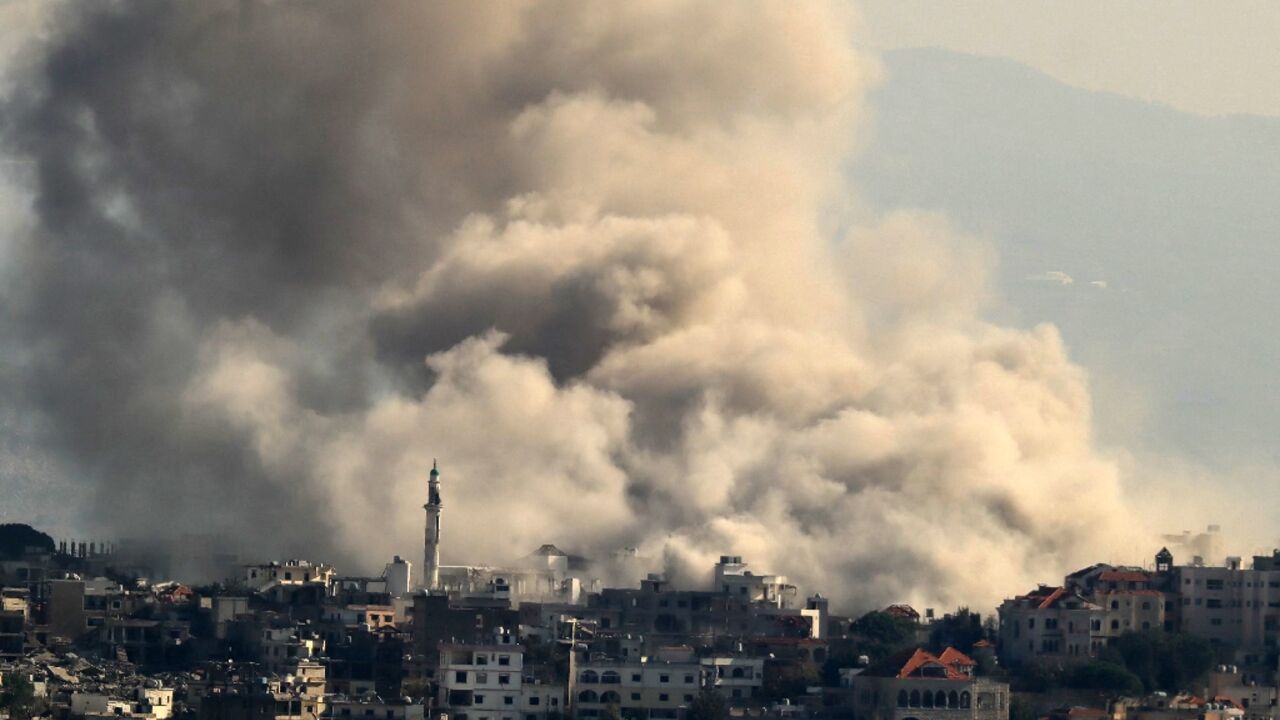The fragile truce between Israel and Lebanon is facing serious challenges after a deadly series of Israeli airstrikes targeted southern Lebanon. At least nine people have been killed and several others injured as multiple villages in the area were struck, causing widespread panic among local residents. These airstrikes are part of a nearly daily pattern of military actions that have continued since the truce was established earlier this year, which aimed to ease tensions between the two sides.
The recent attacks represent a significant setback for the already fragile ceasefire, which had been holding for several months following intense clashes between Israeli forces and Hezbollah militants. While the truce had provided a temporary respite for civilians caught in the conflict, the ongoing Israeli operations threaten to unravel the hard-won peace and reignite hostilities in this volatile region.
Local authorities in southern Lebanon have condemned the airstrikes, labeling them a violation of international law. Both the Lebanese government and Hezbollah have vowed to respond, raising concerns about the potential for a full-scale conflict. Analysts caution that the continuation of these attacks could lead to a broader regional escalation, involving other actors and further destabilizing the Middle East.
In Israel, military officials maintain that the strikes are essential for national security, asserting that they are targeting militant infrastructure used by Hezbollah. However, as civilian casualties rise and tensions escalate, the international community is urging both sides to engage in dialogue and avert a full-blown war. The future of the truce now hangs in the balance, with the possibility of peace diminishing with each new airstrike.








